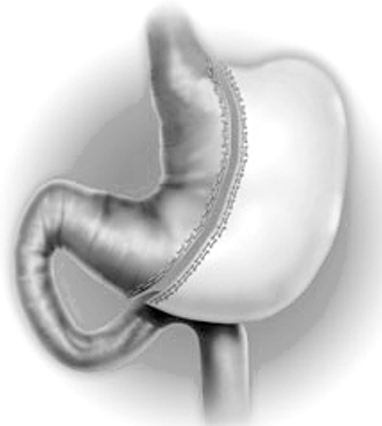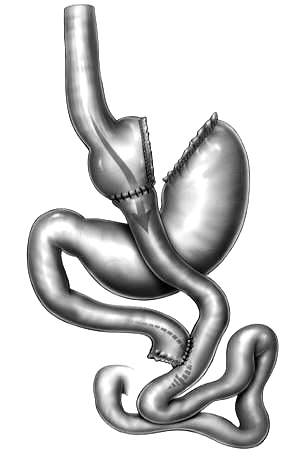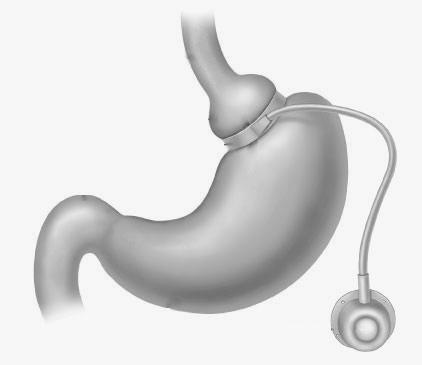Best bariatric Surgeon in Moradabad, Uttar Pradesh

What is weight loss surgery?
Weight loss surgery, also known as bariatric surgery, is a medical procedure performed to help individuals lose weight by altering the digestive system. These surgeries are typically considered for people with severe obesity who have not been successful in losing weight through diet, medication and exercise alone. The primary goal of weight loss surgery is to reduce the size of the stomach or restrict the amount of food the stomach can hold, leading to reduced food intake and, consequently, weight loss.
Types of weight loss surgeries
- Gastric Bypass: This procedure involves creating a small pouch at the top of the stomach and connecting it directly to the small intestine. This bypasses a portion of the stomach and small intestine, limiting the amount of food absorbed and reducing calorie intake. It also gives rise to profound hormonal changes that are responsible for sustained weight loss results after this procedure.
- Mini Gastric Bypass: This procedure involves creating a large pouch of the stomach and connecting it directly to the small intestine. This bypasses a portion of the stomach and small intestine, limiting the amount of food absorbed and reducing calorie intake. It also gives rise to hormonal changes that can cure diabetes permanently is a majority of cases.
- Sleeve Gastrectomy: In this surgery, a large part of the stomach is removed, leaving a banana-shaped or sleeve-like structure. The reduced stomach size limits the amount of food that can be consumed, leading to weight loss.
Gastric Banding: This involves placing an inflatable band around the upper part of the stomach, creating a smaller pouch. The band can be adjusted to control the size of the opening between the two parts of the stomach, regulating the amount of food that can enter.

Why choose us?
- 20 Years + Experience
- Specialized Team
- 10000+ Happy Patients
- Diet Support
- Lifelong Follow up
- Cashless Mediclaim
Type of Weightloss of Surgery
FAQs
The pain after a routine bariatric surgery is very bearable, such that most patients are able to get up from bed and walk on the evening of surgery day. The level of pain experienced after bariatric surgery can vary from person to person, and it depends on factors such as the type of surgery performed, individual pain tolerance, and overall health. However, it’s common for patients to experience some discomfort and pain in the initial days.
Weight re-gain after bariatric surgery can occur if lifestyle changes, such as diet and exercise, arenot maintained. Following postoperative guidelines and adopting a healthy lifestyle is crucial forlong-term success in weight management.
Bariatric surgery in the elderly is generally considered on a case-to-case basis, taking intoaccount overall health and potential risks. Age alone is not a strict contraindication, butindividual health factors play a significant role in determining suitability.
The timeline for returning to normal activities after bariatric surgery varies, but most individualscan resume normal life gradually within a few weeks to a couple of months, following theirhealthcare team’s guidance.
After bariatric surgery, the initial diet typically involves liquids and gradually progresses topureed and soft foods. Eventually, patients can introduce solid foods in smaller, nutrient-denseportions, focusing on lean proteins, vegetables, and whole grains while avoiding high-calorie andsugary foods. The patients are provided with a diet chart which extensively details regarding the diet for the first six months after surgery and also suggests which foods need to be avoided mostly.
Coverage for bariatric surgery varies by insurance plan. Some insurance providers do cover it if specific criteria are met, such as a certain body mass index (BMI) and documented attempts at weight loss. Individuals should check with their insurance provider to determine coverage eligibility.



